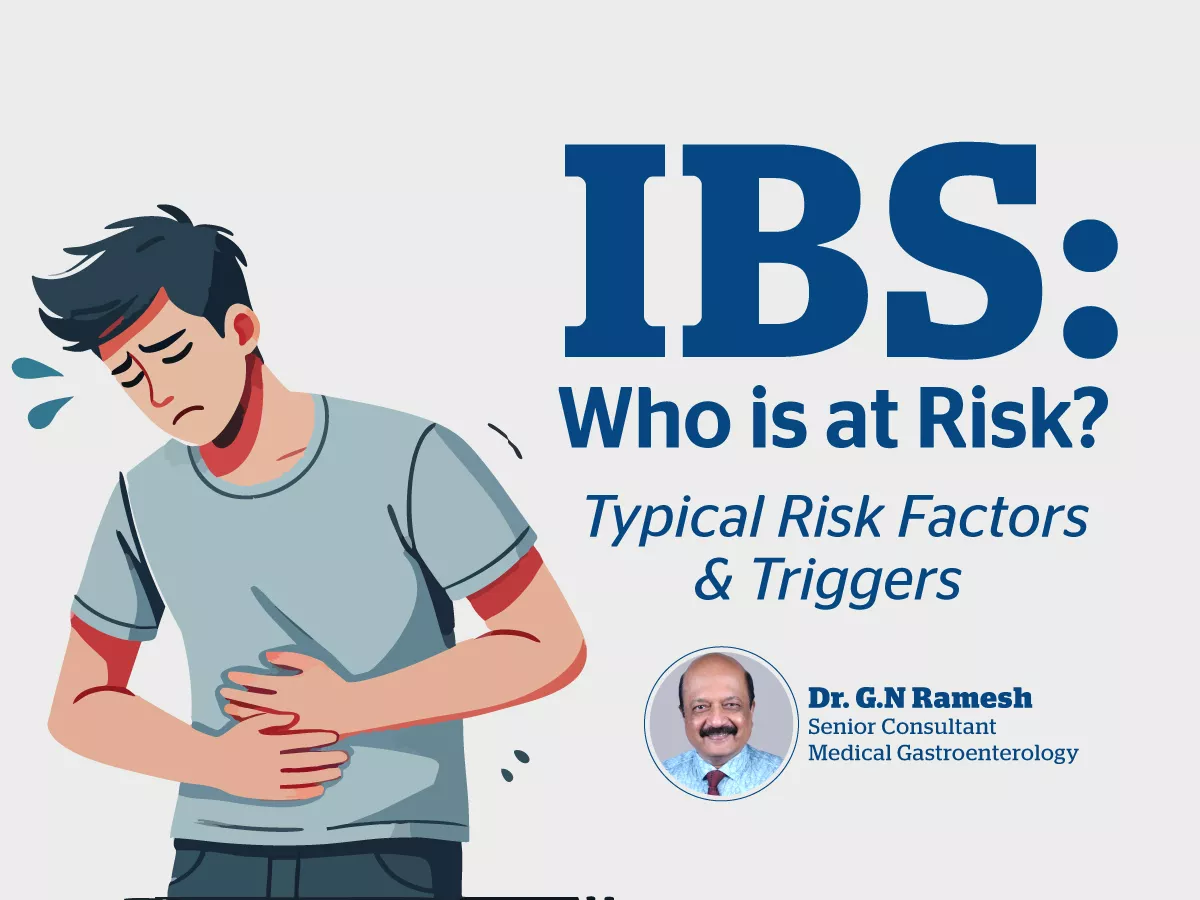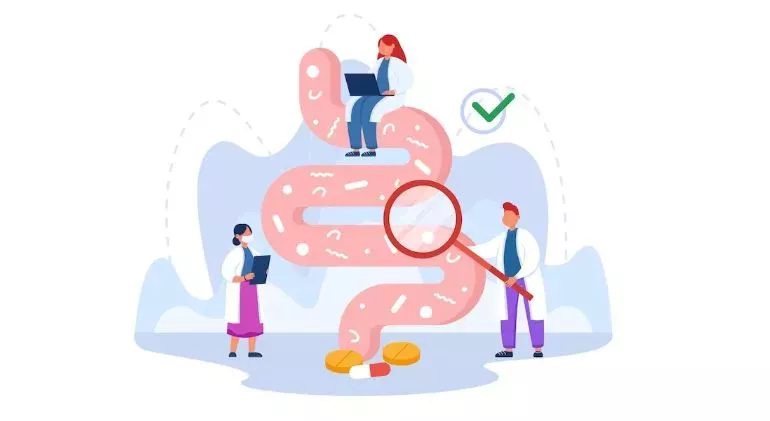A prevalent digestive illness that affects gut function, irritable bowel syndrome (IBS) is sometimes misinterpreted. Abdominal pain, gas, bloating, and changes in bowel habits, such as constipation, diarrhea, or both, can all result from it. If symptoms persist, consulting a Gastroenterologist in Kochi Kerala can help ensure proper diagnosis and care.
IBS: Who Is at Risk?
Although anyone can get IBS, some people are more vulnerable than others. The following elements could make you more susceptible to IBS:
- Gender The likelihood of an IBS diagnosis is almost twice as high for women as for males. Particularly during menstruation, pregnancy, or menopause, hormonal changes may be involved.
- Age IBS frequently starts before the age of fifty, particularly in the late teens to early forties. In elderly persons, initial diagnoses are less frequent.
- Ancestry : Your risk goes up if you have a parent or sibling who has IBS. Environmental factors, intestinal microbes, or shared DNA could be the cause of this.
- Disorders of the Mind: IBS is more common in people with anxiety, depression, or a history of trauma, particularly childhood trauma. The gut-brain axis establishes a strong connection between the gut and brain.
- Inflammation or Infections: Post-infectious IBS may result from a history of gastrointestinal disorders, including food poisoning or diarrhea brought on by travel. Another potential contributing cause is chronic intestinal inflammation.
Typical Causes of IBS Symptoms
IBS symptoms are frequently brought on by or made worse by dietary and lifestyle choices, even if you are at risk. Managing flare-ups can be aided by recognizing and avoiding these.
1. Food Sensitivities
Many IBS sufferers experience symptoms that are triggered by specific meals, such as:
- Foods that produce gas, such as beans, cabbage, and onions; dairy products (lactose intolerance); and fatty or fried foods.
- Artificial sweeteners, such as xylitol and sorbitol
- A low FODMAP diet, a short-term eating regimen that lowers fermentable sugars that aggravate the gut, is beneficial for many people.
2. Stress although it doesn't cause IBS, emotional stress might exacerbate its symptoms. aFlares can be lessened by managing stress with mindfulness, counseling, or relaxation techniques.
3. Modifications in Hormones
Hormonal changes during menstruation may cause women to experience worsening IBS symptoms.
4. Restless Nights
Increased IBS symptoms are frequently associated with inadequate or disrupted sleep. Keeping up good sleep hygiene might help promote intestinal health.
5. Medicines or Antibiotics
IBS symptoms can occasionally be brought on by antibiotics that alter gut flora. Digestive problems can also be caused by other drugs, such as some antidepressants or pain relievers.
When to Seek Help
See a healthcare provider if you're dealing with persistent bloating, stomach pain, or changes in your bowel habits. Despite being a functional problem, IBS symptoms might mimic those of other conditions that must be ruled out, such as colon cancer, celiac disease, or inflammatory bowel disease (IBD). For advanced digestive evaluations, visiting a reputed Gastroenterology hospital in Kochi Kerala can ensure timely diagnosis and treatment.
Final Thoughts
IBS is a complicated disorder with several underlying causes, including nutrition, stress, gut health, and heredity. You can better manage your symptoms and enhance your everyday comfort by being aware of your unique risk factors and typical triggers.
Don't diagnose yourself with IBS if you think you may have it. A guided treatment plan and medical evaluation can have a profound impact.











